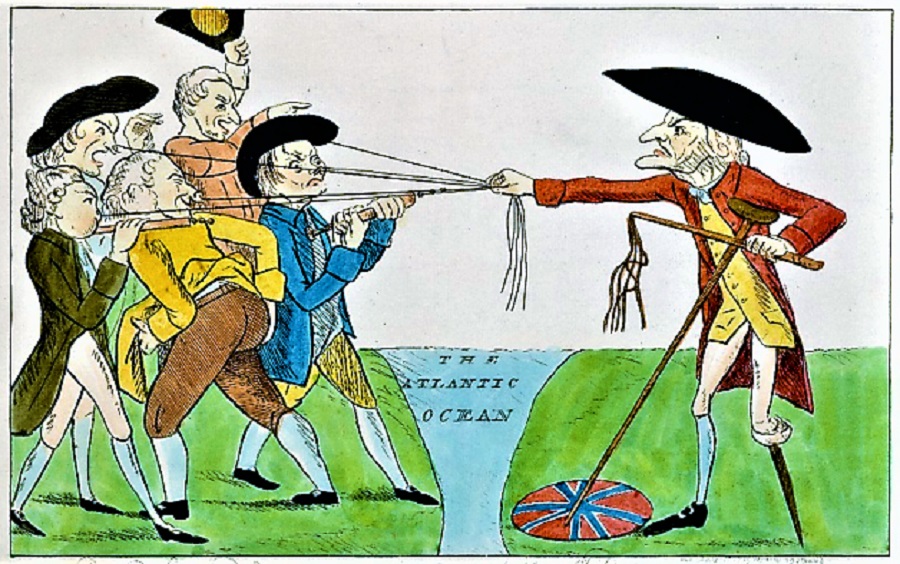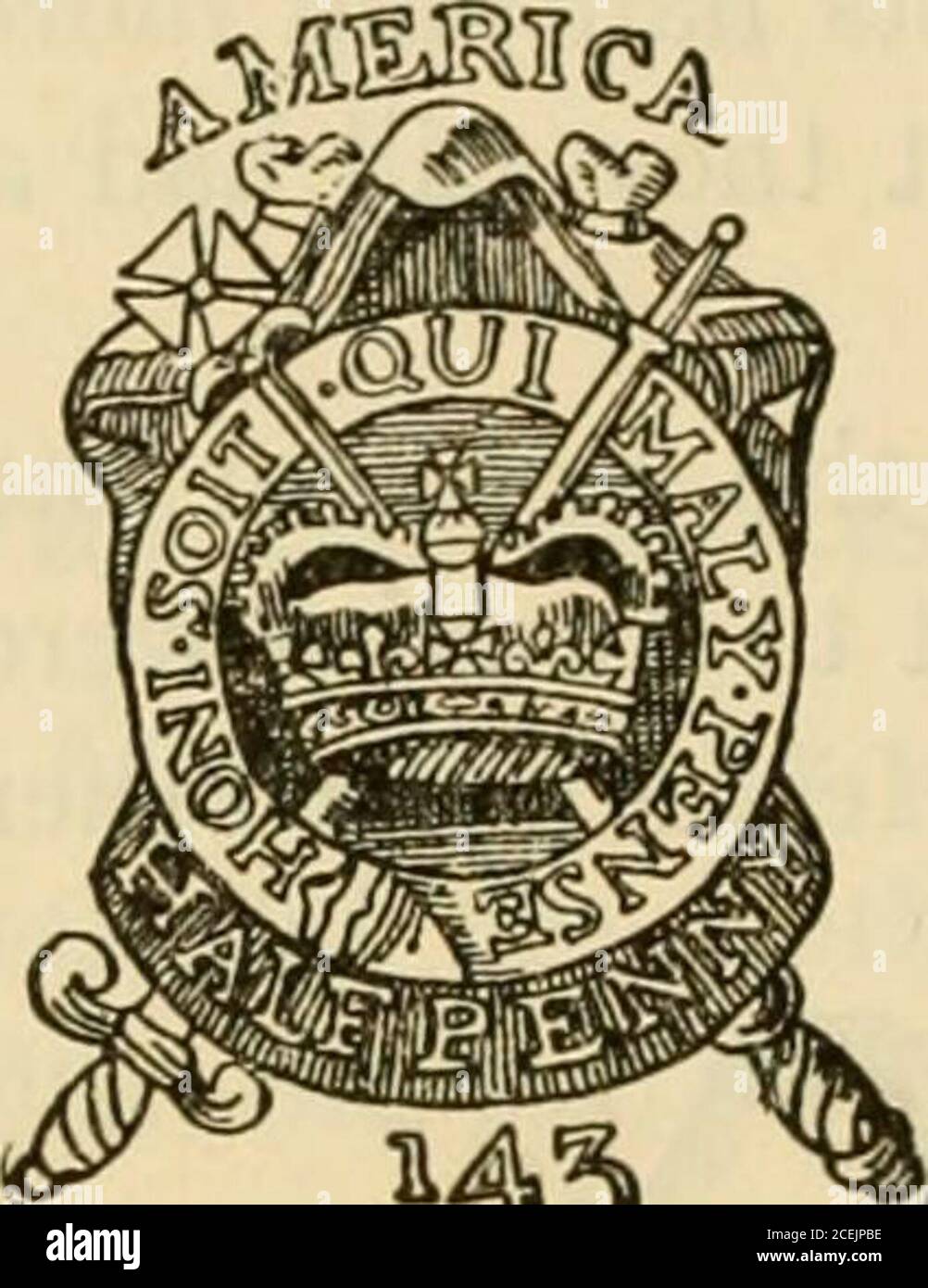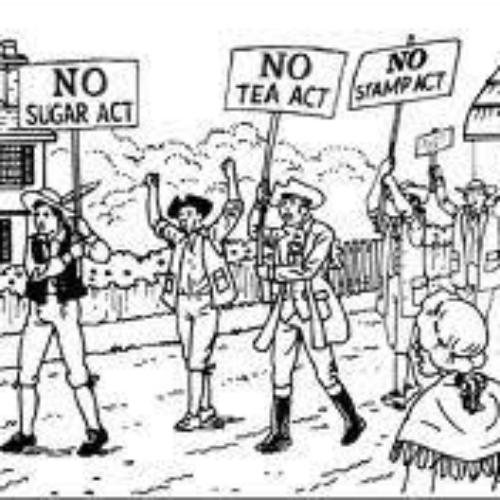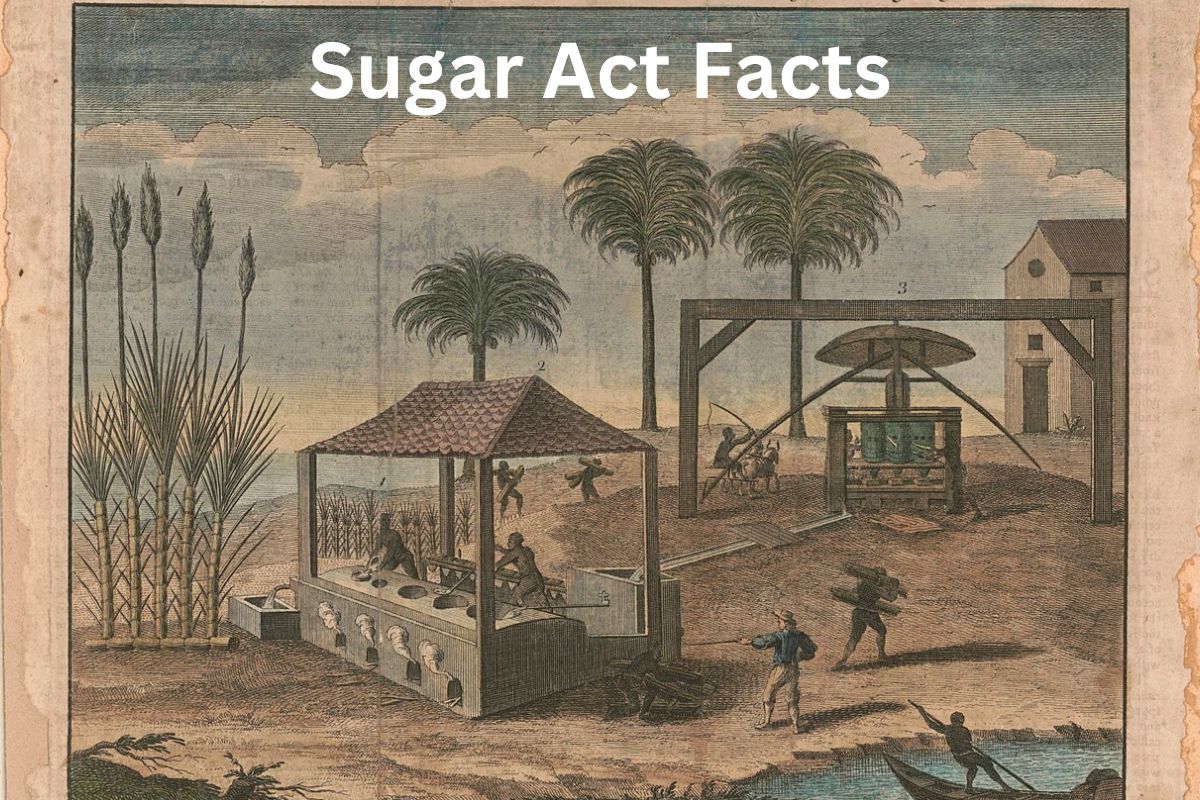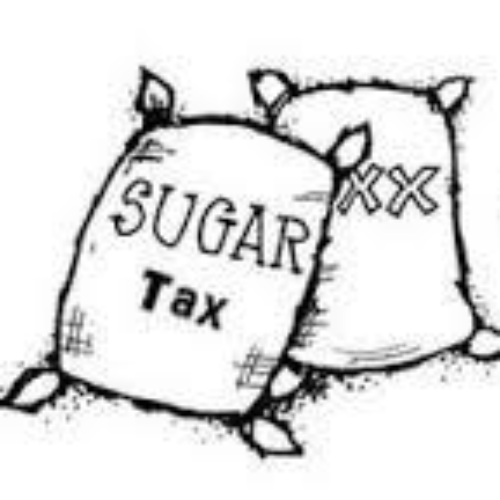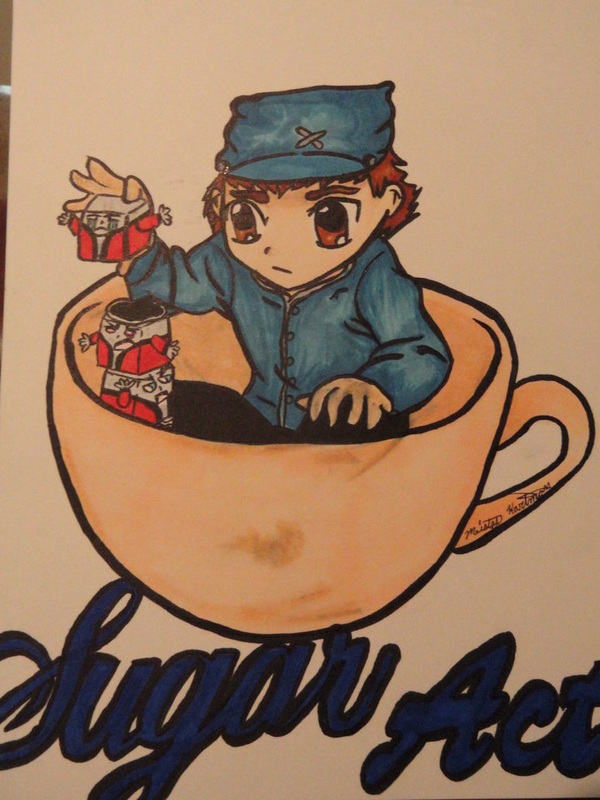Begin a list of the acts and events and the colonists' reactions. Web provide an overview of the sugar act, explaining that the british parliament passed the act in 1764 taxing sugar, molasses, and other products imported into the american colonies. Web the sugar act of 1764 reduced the duties on molasses and refined sugar to three pence, and it also empowered customs officers to act more aggressively in collecting duties and employ privately owned warships to intercept and. Web the sugar act of 1764 levied taxes on imports to british colonies in north america. The last was very important to new england merchants, since they bought molasses to make rum to sell to other colonies.
Analyze and interpret primary sources concerning the stamp act. The goal of the act was to raise revenue for britain to pay part of the cost of a standing army in north america. Web review yesterday's instruction on the sugar act. Web here, writer and illustrator ricardo cortés presents a series of drawings referencing the slave labor central to sugar’s historic manufacture. Web parliament passed the sugar act, which was a tax on sugar, wine, indigo (a type of color dye) and molasses.
Web the sugar act, or the american revenue act, was passed by parliament on april 5, 1764. The sugar act was also known unofficially as the plantation act. Web learn about section 20 of the sugar act of 1764, which explains the documentation and penalties for shipments of sugar and molasses. Web the official name of the sugar act was the american revenue act of 1764. There was an earlier sugar act that established a foundation for the act of 1764.
Colonists responded to the intolerable acts with a show of unity, convening the first continental congress to discuss and negotiate a unified approach to the british. Passed after the french and indian war, this measure was the first act passed by parliament that taxed the colonists without their consent. The sugar act served as a revenue raising act, passed by great britain to tax sugar and other goods to pay for the seven years war. Web the sugar act of 1764 was an extension of the molasses act of 1733, which was set to expire in 1763. Web provide an overview of the sugar act, explaining that the british parliament passed the act in 1764 taxing sugar, molasses, and other products imported into the american colonies. It also defines the taxes on imports, including sugar, indigo, madeira wine, and other goods and products. The last was very important to new england merchants, since they bought molasses to make rum to sell to other colonies. The bill was also known as the american revenue act and the plantation act. The goal of the act was to raise revenue for britain to pay part of the cost of a standing army in north america. Briefly introduce the concept of taxation without representation and. It marked the first time parliament levied a tax on the colonies for the purpose of raising revenue. Web the sugar act of 1764, also known as the american revenue act, was legislation passed by the parliament of great britain on 5 april 1764 to crack down on molasses smuggling in the american colonies and. Web the sugar act of 1764 reduced the duties on molasses and refined sugar to three pence, and it also empowered customs officers to act more aggressively in collecting duties and employ privately owned warships to intercept and. There was an earlier sugar act that established a foundation for the act of 1764. Web section 1 of the sugar act of 1764 defines the purpose of the act and explicitly states it is to raise revenue from the american colonies.
Web Parliament Passed The Sugar Act, Which Was A Tax On Sugar, Wine, Indigo (A Type Of Color Dye) And Molasses.
The last was very important to new england merchants, since they bought molasses to make rum to sell to other colonies. It marked the first time parliament levied a tax on the colonies for the purpose of raising revenue. Web section 1 of the sugar act of 1764 defines the purpose of the act and explicitly states it is to raise revenue from the american colonies. It became a desired taste indulged in by the elite classes (as.
There Was An Earlier Sugar Act That Established A Foundation For The Act Of 1764.
Analyze and interpret primary sources concerning the stamp act. Briefly introduce the concept of taxation without representation and. Web it passed the sugar act, imposed duties on foreign wines, coffee, textiles, and indigo imported into the colonies, and expanded the customs service. Web the sugar act was passed by parliament on april 5, 1764.
Web The Sugar Act Of 1764 Was A Revision Of The Molasses Act Of 1733.
Begin a list of the acts and events and the colonists' reactions. The law lowered the duty on foreign molasses imported into the colonies but also tightened enforcement of the act. Britain required colonial vessels to fill out papers detailing their cargo and destination. It also defines the taxes on imports, including sugar, indigo, madeira wine, and other goods and products.
The Sugar Act Was Also Known Unofficially As The Plantation Act.
Web the sugar act reduced the rate of tax on molasses from six pence to three pence per gallon, while grenville took measures that the duty be strictly enforced. The original text of the sugar act is presented here. Web the sugar act of 1764, also known as the american revenue act, was legislation passed by the parliament of great britain on 5 april 1764 to crack down on molasses smuggling in the american colonies and. Web the official name of the sugar act was the american revenue act of 1764.
